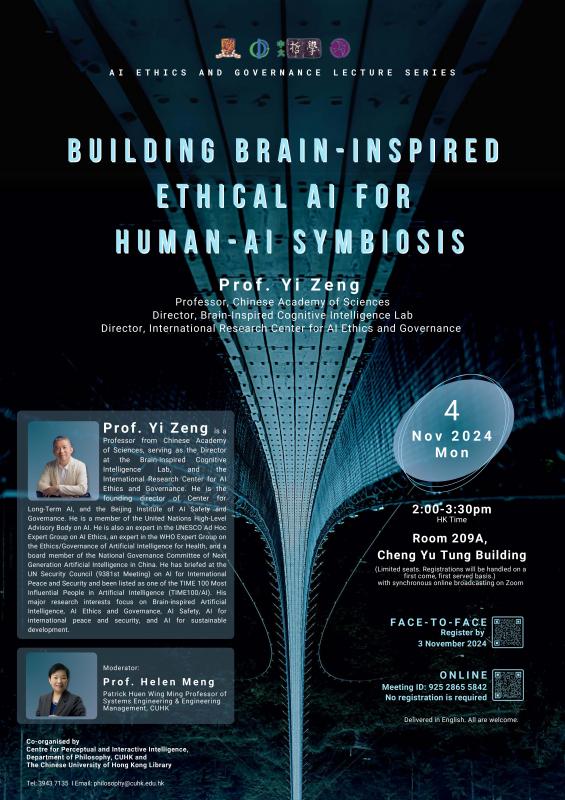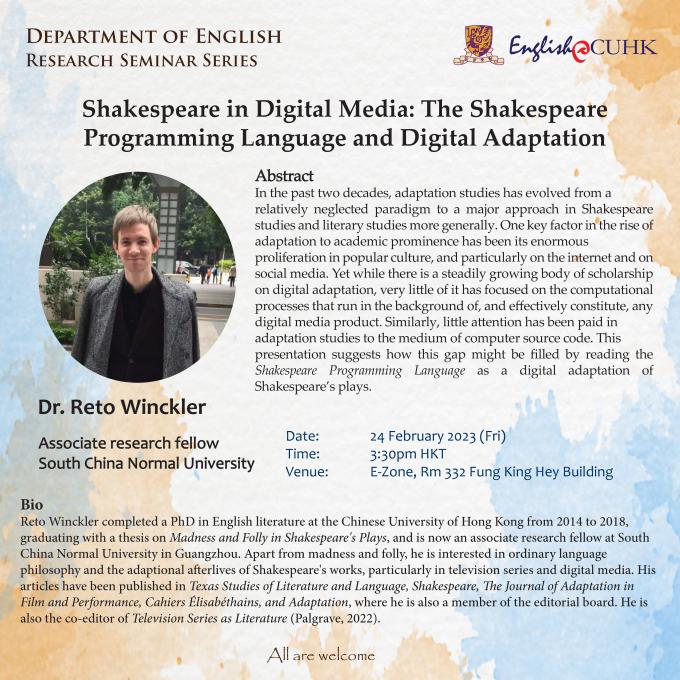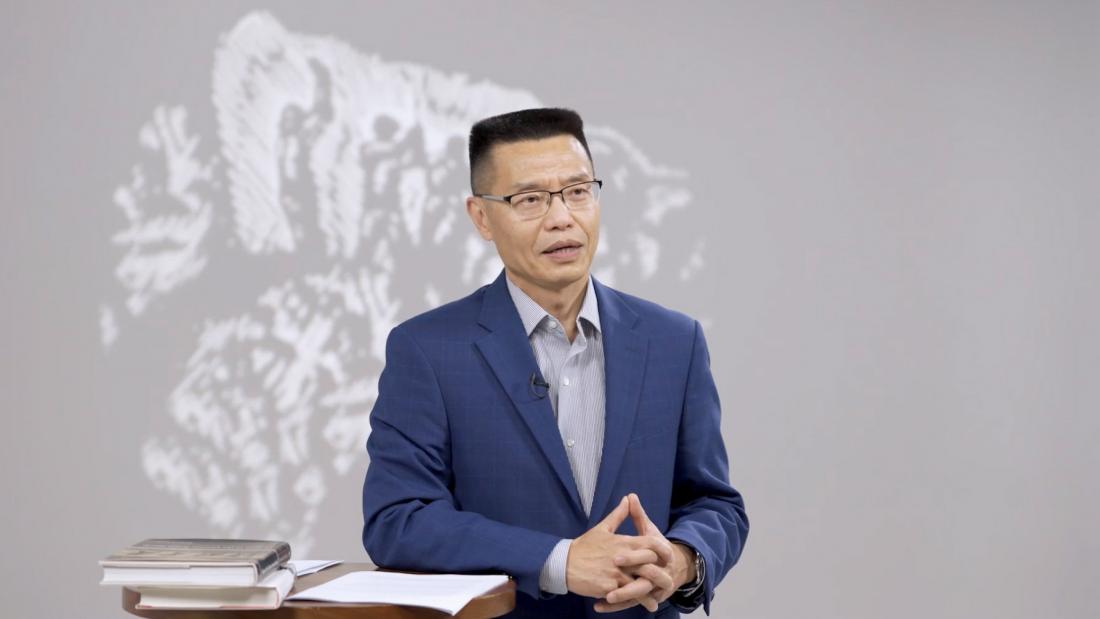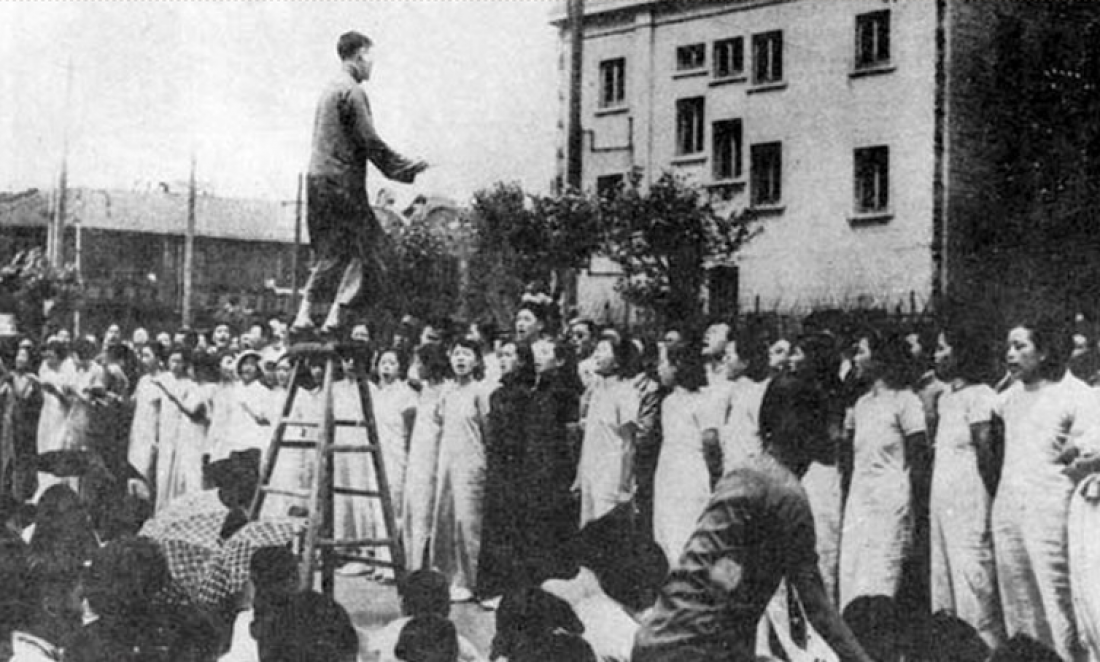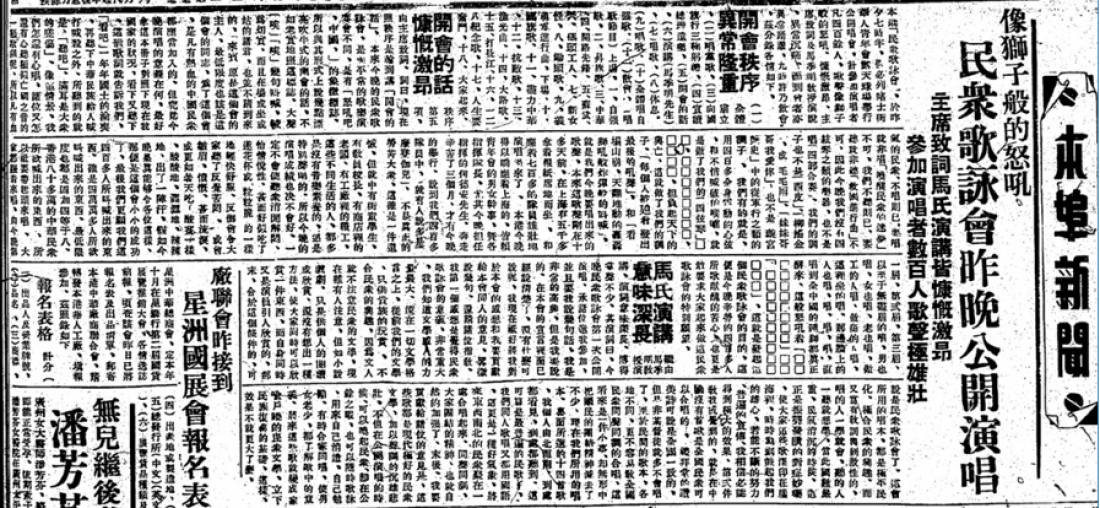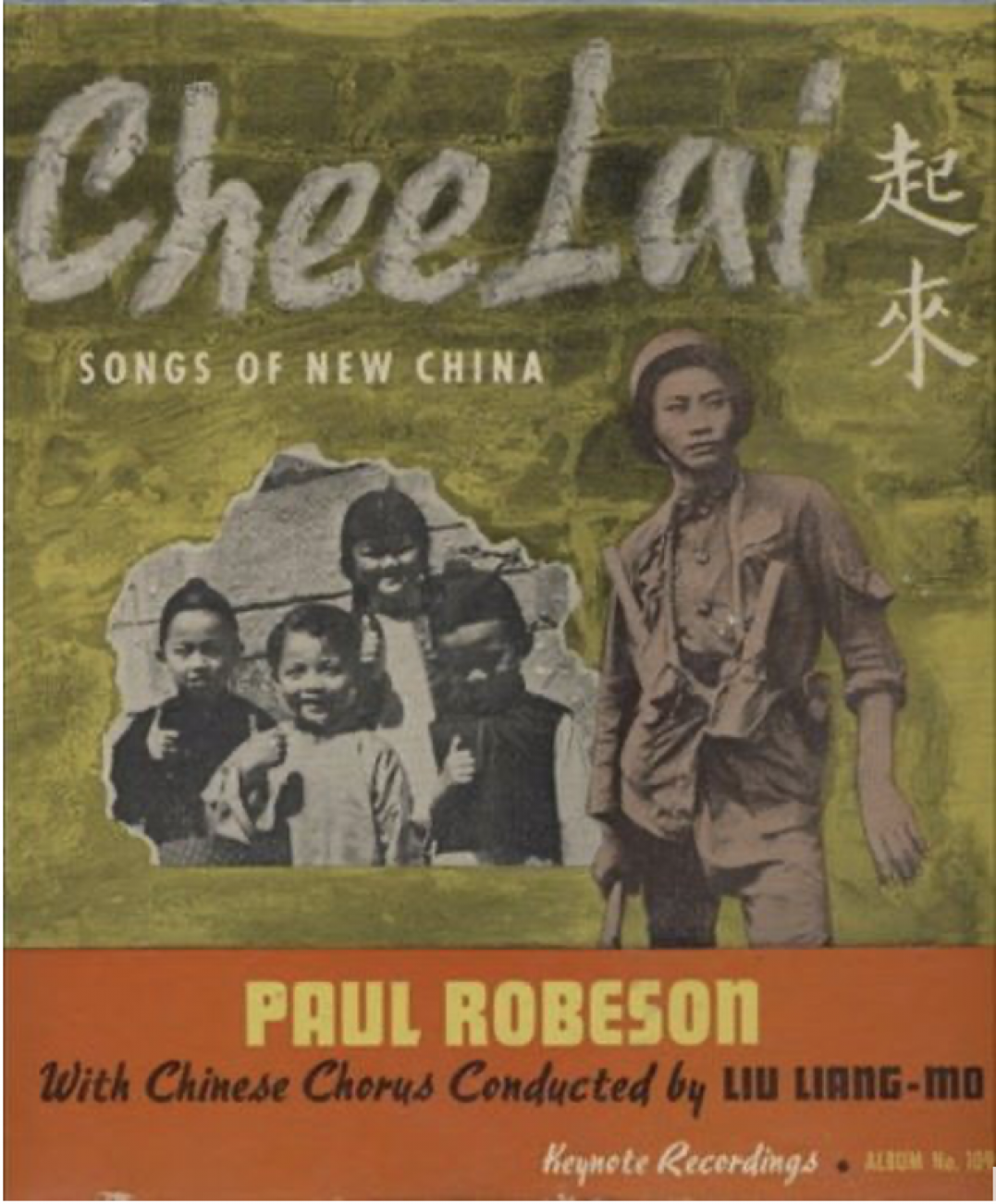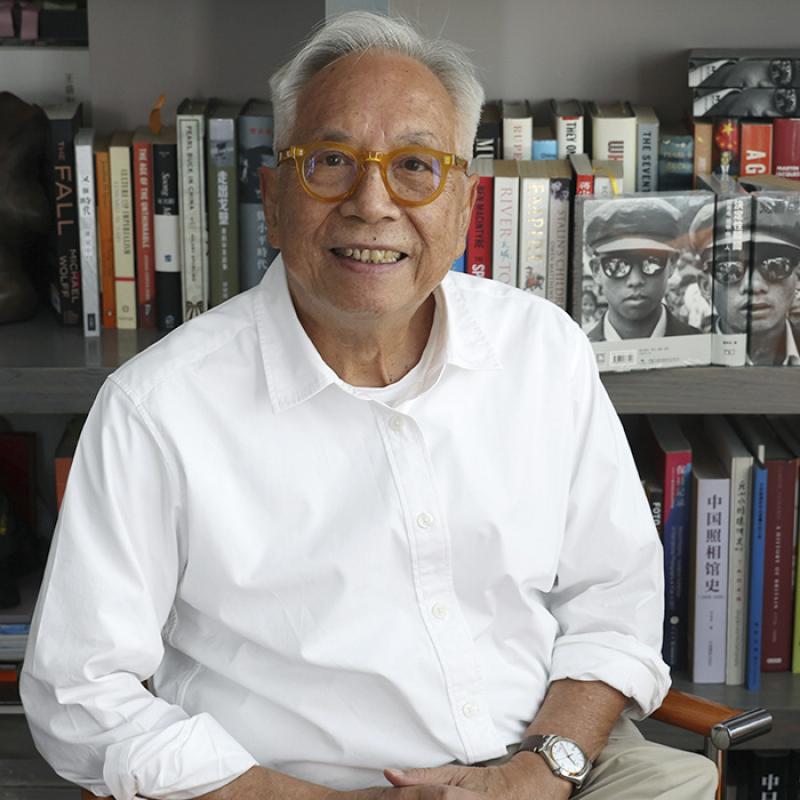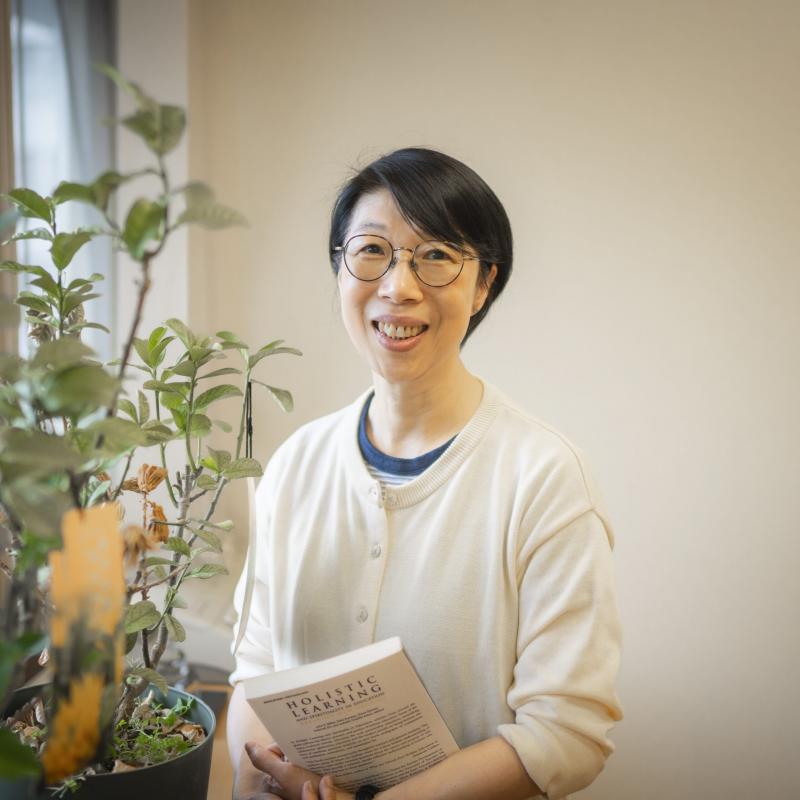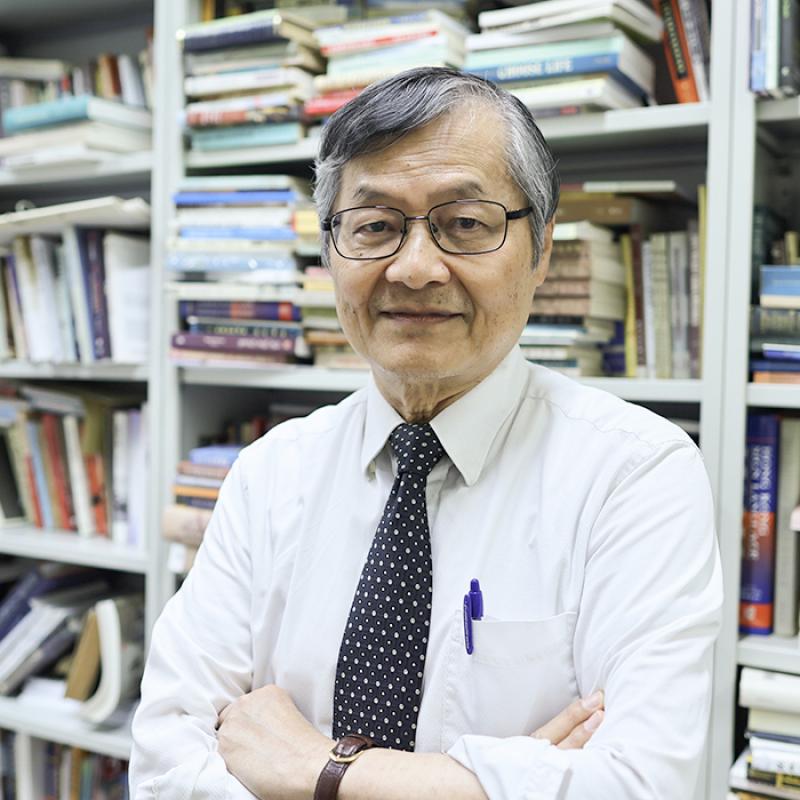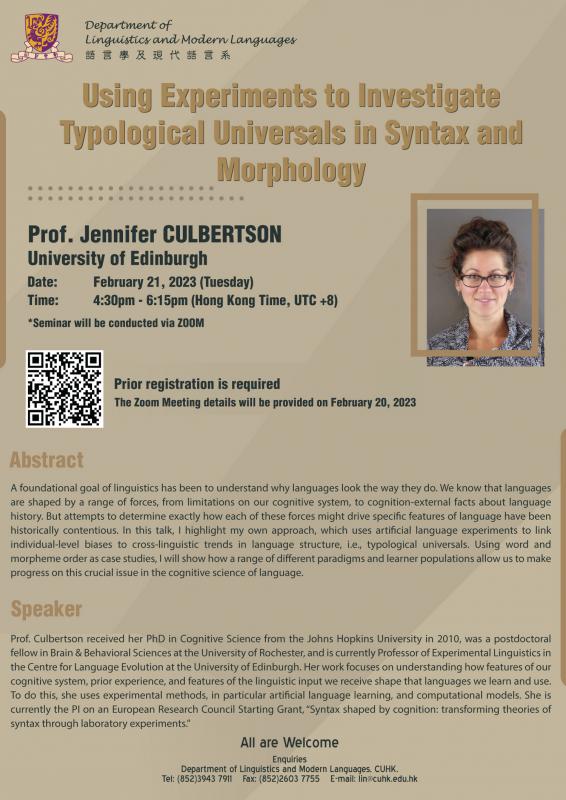On January 9, 2023, the first day of class for the second term, as the campus was bustling with activities, Professor Max Xiaobing Tang, Dean of the Faculty of Arts, was also busy getting ready to deliver a lecture. But he was not going to a classroom. Instead, Professor Tang was getting in front of cameras to video record a guest lecture for UGCP1002 Hong Kong in the Wider Constitutional Order, and the topic of his lecture was “March of the Volunteers: The Birth of the National Anthem”.
Hong Kong in the Wider Constitutional Order is an online course consisting of a general introduction and four separate modules. It is one of the two China-related courses required for all undergraduates admitted in 2022-2023 and thereafter. The course highlights the interlocking relations between law, national security and national development in the context of state capacity building in modern Chinese history, and introduces the fundamental constitutional principles underlying the One-Country-Two-Systems framework, the Basic Law of Hong Kong, and the Hong Kong National Security Law.
“It is not a course that asks you to recite a lot of the articles from the Hong Kong Basic Law or the Hong Kong National Security Law. Rather, it is a course that seeks to understand the social and historical forces that gave rise to these laws, why the articles and clauses of the laws take their current form, and the broader significance of these laws,” said Professor Poon Wai Yin Isabella, Pro-Vice-Chancellor of CUHK, in her lecture introducing the course.
Apart from UGCP1002, newly admitted students also need to complete another required course, UGCP1001 Understanding China. Co-taught by renowned scholars such as Professor Alan Chan, the Provost and J.S. Lee Professor of Chinese Culture, and Professor Leung Yuen Sang, Emeritus Professor of the Department of History and former Dean of Faculty of Arts, the course looks at China from the perspectives of cultural and intellectual tradition, historical roots, modernisation and society, economic development, and science and technology.
“I think we can better understand China today by looking back at Chinese history. In doing so we may discover that some historical trends and epochal events from Chinese history are important references, if not the direct driving forces, behind China’s national planning and strategic development processes today,” said Professor Leung in his lecture titled “History as Mirror: Looking at Today’s China from the Past”.
Professor Tang’s lecture for UGCP1002 traces the cultural and historical origins of “March of the Volunteers,” the Chinese national anthem, back to a 1935 feature film, its composer, the development of communal singing in China, as well as its reception in the US. “This lecture is based on an article I published a few years ago on radio, cinema and the Community Singing Movement in the 1930s,” said Professor Tang. “That article is part of my study of a period in modern Chinese history when continual efforts were made to awaken the nation and mobilize the public. It was an era of constant crises.” Beginning with his 2008 book, Origins of the Chinese Avant-Garde: The Modern Woodcut Movement, Professor Tang has in recent years published a series of articles, in both Chinese and English, on modern poetry, visual arts, cinema, and street theater. They contribute to what he calls a study of “the aural history of modern China.”


